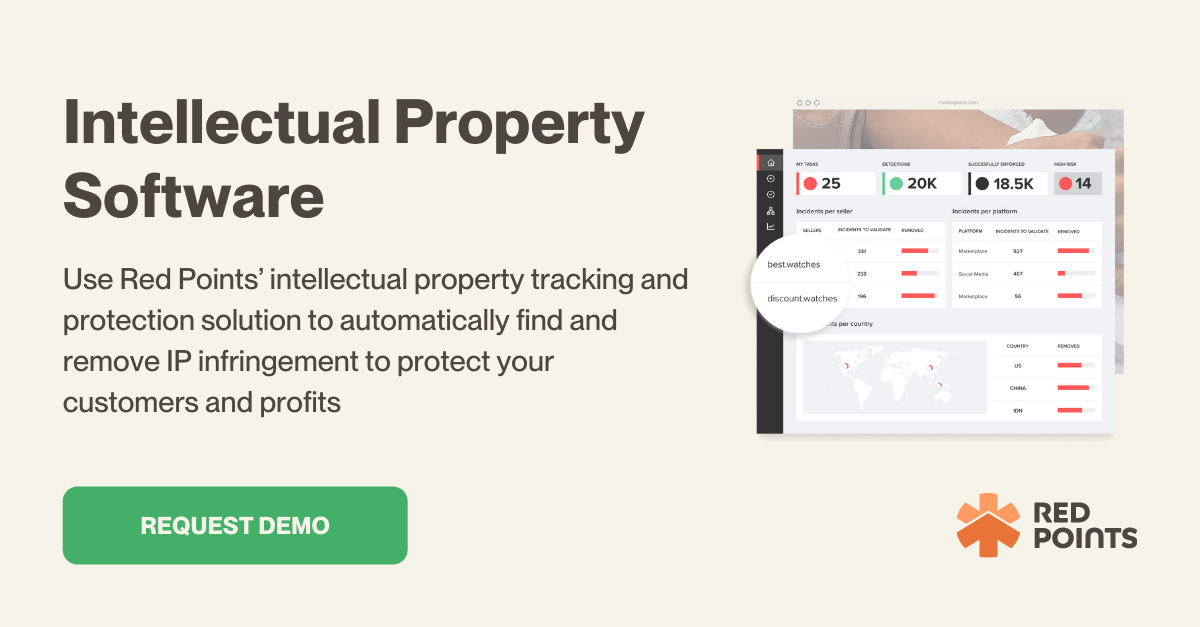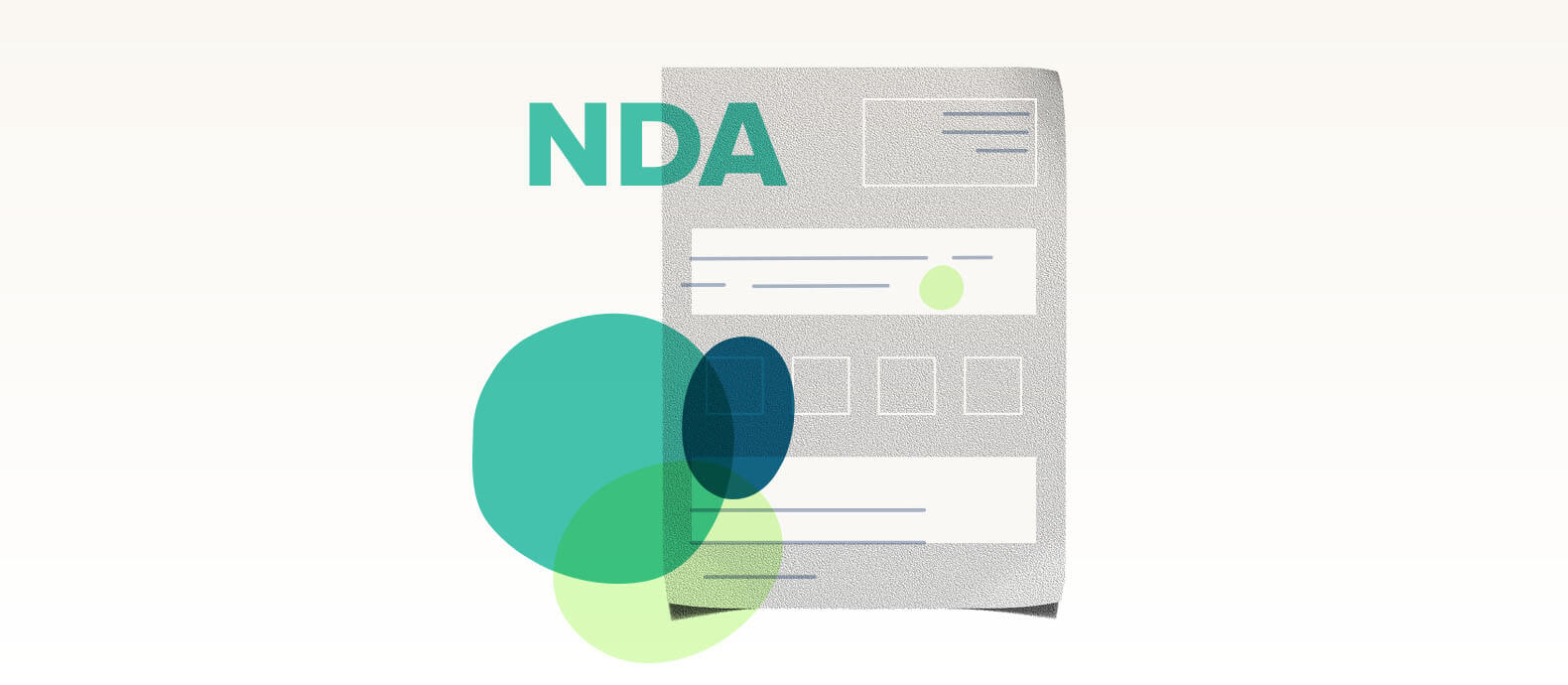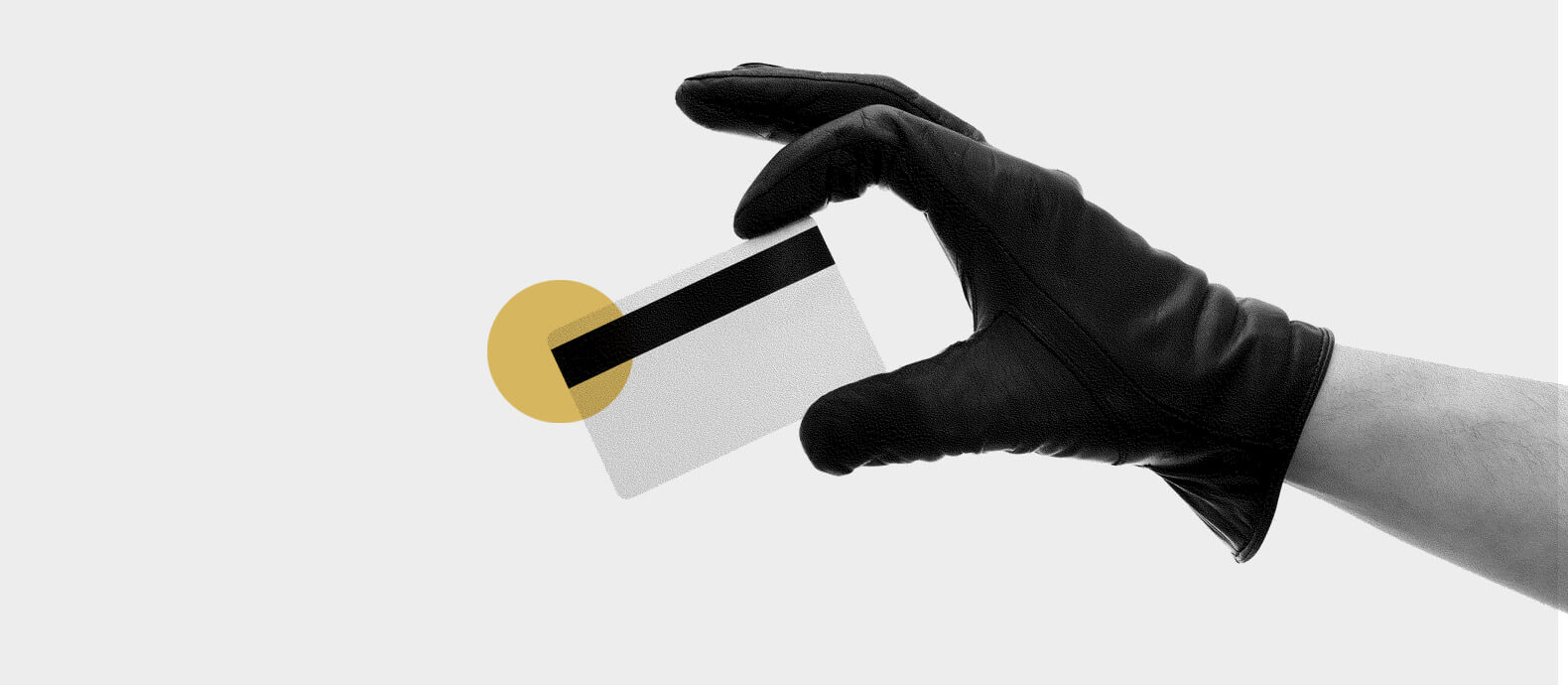A non-disclosure agreement is an important legal document brand owners can use to protect confidential business information. If your business relies on trade secrets or other confidential information to operate, NDAs will be essential to utilize with employees and brand partnerships. Without this legal protection, your sensitive business secrets could be at risk of leaking to your competitors and the general public.
Though non-disclosure agreements are legally-binding contracts, they don’t have to be complicated to use for your business. In this guide, we will break down everything you need to know about non-disclosure agreements to successfully protect your brand and business information.
What is a non-disclosure agreement?
Non-disclosure agreements are often also called confidentiality agreements, and serve as legal contracts that protect sensitive information. The parties who sign an NDA agree to keep the information they learn confidential, with specified legal consequences if the contract is broken.
As a brand owner, it is important you use non-disclosure agreements any time you need to share your sensitive business information. The best-protected brands use NDAs when hiring new employees, sharing information with other businesses and investors, and any other brand partnerships. Within these varying confidentiality agreements, there are generally two types of NDAs: unilateral and mutual.
Unilateral NDAs protect only one party’s confidential information; the other party agrees to protect this information and doesn’t share any of their own. Brand owners typically use unilateral non-disclosure agreements for employees who will have access to sensitive business information.
Mutual NDAs, on the other hand, protect confidential information of both parties in the contract. These contracts are more typical in business-to-business meetings, investor relations, and partnerships. Mutual NDAs allow both parties to share information openly without fear of having it leaked, even if the partnership dissolves.
What do non-disclosure agreements protect?
Non-disclosure agreements protect any information that could potentially damage the business if it were to be leaked to competition or the general public. The specifics of what information any NDA protects should be clearly written in the contract and understood by both parties. Brand owners can tailor their confidentiality agreements to safeguard various aspects of their business.
Common examples of NDA-protected information include client lists, data, business ideas, operation strategies, and more. Keeping this information confidential is vital for the success of your business. If competitors got a hold of your client list, learned a secret formula, or other sensitive information regarding your brand, you’d lose your competitive edge.
Of course, there is information that non-disclosure agreements don’t protect. Brand owners can’t use NDAs to protect information that is already available to the public. NDA’s also don’t protect any brand information an outside party already knows before signing the agreement.
Do you need a lawyer to draft a non-disclosure agreement?
While it’s a good idea to hire a legal professional to draft your NDAs, you can still protect your business information without legal assistance. If you employ a lawyer to draft your NDAs for you, the cost of an NDA can range anywhere from $150 – $1,500, according to Priorilegal.
If that’s a fee you can’t afford, don’t let a lack of legal assistance keep you from protecting your business ideas. You don’t legally need a lawyer to create a binding NDA contract, and there are various online templates you can use to get started. So long as you tailor your confidentiality agreement to your brand and needs, your information will be legally protected from being shared.
When drafting your own NDA, it’s even more important to make sure you include the necessary requirements for the contract to be legally binding.
NDA requirements
NDAs are extremely versatile, and you can tailor your specific confidentiality agreement to fit your exact business needs. Every NDA you create will vary slightly, depending on what’s being protected, the parties involved, and so on. The universal requirements you will have to include in your NDA to be legally enforceable include:
- Information of the parties included within the contract
- Specificity on the confidential information being protected
- Any exceptions
- Allowable uses of the confidential information
- Effective dates and expirations
- Consequences for breach of contract
Keep detailed records of your NDAs once they are signed, as well as any expiration dates you have on these contracts. This will make it far easier to enforce your NDAs if any of your employees, partners, or investors breach your contract.
How to enforce a non-disclosure agreement
Once you have a non-disclosure agreement in place between yourself and another party, you will both have to uphold the contract. If the other party breaches the contract and shares your confidential information, you will need to enforce your contract immediately.
To enforce a breach NDA contract, get in contact with the offending party as soon as possible. Include a copy of the contract and specify how they have breached it. There are instances in which this breach could be an honest mistake, and they may be able to reprimand the situation.
If a party breaches your NDA contract and isn’t responsive to your notice, or damage has already been done to your business, take legal action. Enforcing your NDA contracts will help you protect your information and show your other partners and employees that you take them seriously.
How to protect your brand beyond NDA
Non-disclosure agreements are an essential tool to protect your confidential business information, but they aren’t the only way you can protect your business. Along with your confidential information, it’s also important to protect your intellectual property.
In this digital age, just about any aspect of your brand can be stolen and infringed upon by bad actors and counterfeiters. The impact of counterfeits and other infringements on your intellectual property can be just as damaging to your brand, if not more, as leaked information.
In addition to using non-disclosure agreements to protect sensitive business information, you can employ brand protection software like Red Points to protect your IP. This service automates infringement tracking and take down, and provides constant protection for your brand IP.
What’s next
It’s important for business owners to safeguard the information and processes that give their brand a competitive edge over the competition. Using non-disclosure agreements is an essential tool to protect your sensitive information and best protect your brand. If you are already losing revenue to leaked business information or stolen intellectual property, Red Points can help.
Learn more about our brand protection services and see how you can protect your business idea and IP with Red Points.






